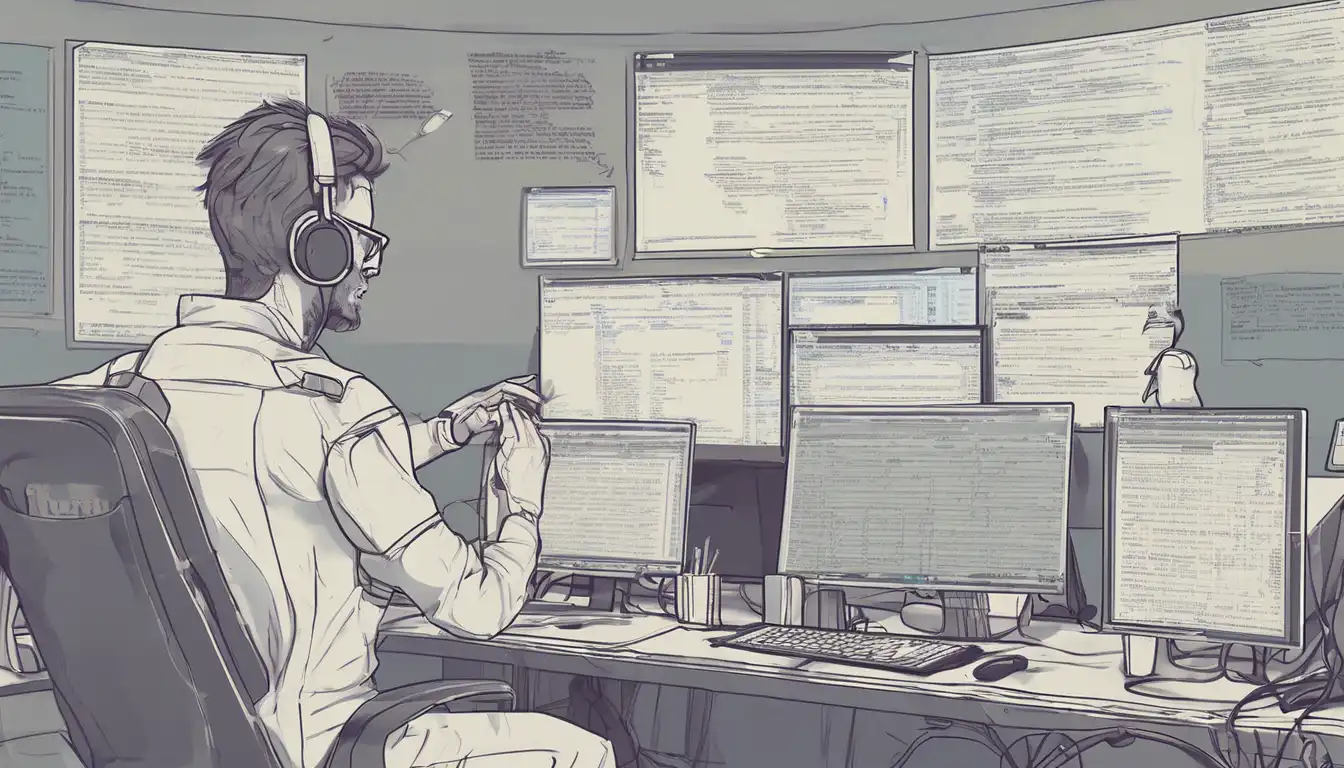Introduction to Professional Code Debugging
Debugging is an essential skill for any programmer, yet many struggle with it. This guide will walk you through the professional techniques to identify and fix bugs in your code efficiently.
Understanding the Debugging Process
Before diving into tools and techniques, it's crucial to understand what debugging entails. It's not just about fixing errors but understanding why they occurred in the first place.
Step 1: Reproduce the Bug
The first step in debugging is to consistently reproduce the bug. This means understanding the conditions under which the bug appears and ensuring you can make it happen on demand.
Step 2: Isolate the Cause
Once you can reproduce the bug, the next step is to isolate its cause. This involves narrowing down the part of the code where the bug originates.
Essential Debugging Tools
There are several tools that can make debugging easier. Here are a few that professionals rely on:
- Integrated Development Environments (IDEs): Most IDEs come with built-in debugging tools that allow you to step through your code, inspect variables, and more.
- Version Control Systems: Tools like Git can help you track changes and identify when a bug was introduced.
- Logging: Adding logs to your code can help you track its execution flow and identify where things go wrong.
Advanced Debugging Techniques
Beyond the basics, there are advanced techniques that can help you debug like a pro.
Binary Search Debugging
This technique involves dividing your code into sections and testing each section to isolate the bug. It's especially useful for large codebases.
Rubber Duck Debugging
Sometimes, explaining your code line by line to an inanimate object (like a rubber duck) can help you spot mistakes you overlooked.
Preventing Future Bugs
While debugging is important, preventing bugs in the first place is even better. Here are some tips:
- Write Clean Code: Follow best practices and coding standards to minimize errors.
- Unit Testing: Writing tests for your code can catch bugs early in the development process.
- Code Reviews: Having another set of eyes look over your code can help catch mistakes you might have missed.
Conclusion
Debugging is a skill that improves with practice. By understanding the process, utilizing the right tools, and applying advanced techniques, you can debug your code like a pro. Remember, the goal is not just to fix bugs but to understand your code better and prevent future issues.
For more insights into programming and software development, check out our programming tips section.
